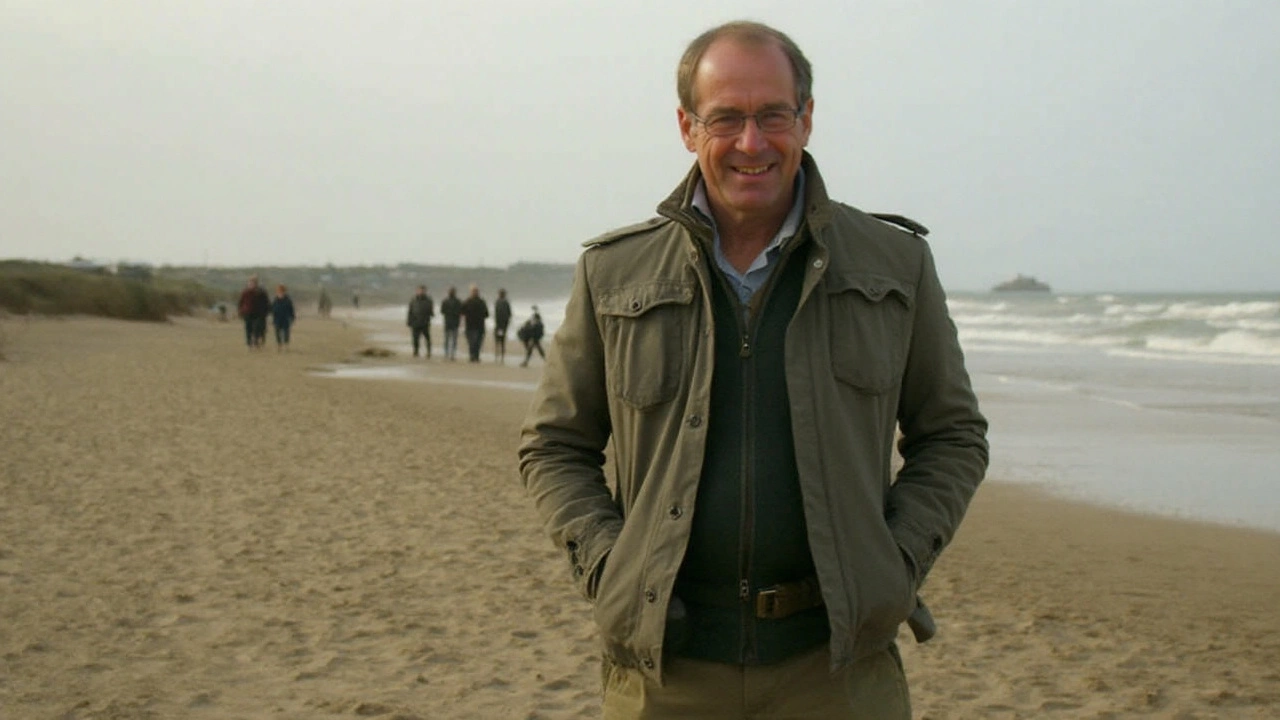UK Beach Byelaws: Your Quick Guide to Staying Legal on the Coast
Planning a night on the sand or just a day out? Knowing the local beach bylaws can save you from fines, a walk‑down by the police, or a ruined holiday. The UK has rules that differ from county to county, but most follow the same basic ideas: protect the environment, keep the peace, and make sure everyone can enjoy the beach.
In this guide we’ll break down the most common restrictions, explain why they matter, and give you practical tips you can use tomorrow. No jargon, no fluff – just the facts you need to stay on the right side of the law while you soak up the sea breeze.
Common Restrictions and Why They Exist
First up, what you’ll usually see on a UK beach sign:
- No overnight camping – Most local councils ban setting up a tent after dark. The rule protects wildlife, prevents litter, and stops people from turning public land into a permanent settlement.
- No open fires – Even a small campfire can start a blaze on dry grass. Most beaches require a portable stove or nothing at all.
- Stay within the designated area – Some beaches have a specific zone for picnics or day‑use. Straying outside can damage dunes or disturb nesting birds.
- Leave no trace – Carry out all rubbish, including food wrappers and tiny bits of plastic. Failing to do so can lead to a fine and harms marine life.
- Shell collecting limits – Picking up seashells is popular, but many coast guard areas restrict removal to protect the ecosystem.
If a rule feels strict, remember it’s usually about protecting nature and keeping the beach safe for everyone. Ignoring it can lead to a £150‑£300 fine, a warning, or even a police visit.
Tips for Enjoying the Beach Legally
Here are some simple habits you can adopt right now:
- Check the local council website before you go. A quick search for "[beach name] bylaws" tells you the exact rules for that spot.
- Use a portable gas stove instead of a fire pit. It’s allowed on most beaches and keeps the sand clean.
- Bring a sturdy trash bag and pack out everything you bring in. A few extra minutes at the car saves the beach and your conscience.
- Stay aware of tide times. Camping near the water can be dangerous if the tide comes in fast. A tide table on your phone helps you plan safely.
- Respect wildlife. If you see nesting birds or seals, back away. Many bylaws forbid disturbing them, and it’s the right thing to do.
If you really want to camp overnight, look for official campsites or designated “wild camping” spots where the council has given permission. These places usually have basic facilities like toilets and sometimes a disposal point for waste.
Finally, remember that bylaws can change. A beach that allowed picnics last year might be closed for a nesting season this summer. Keep an eye on local news or the council’s social media for updates.
By following these simple steps you’ll avoid fines, protect the coast, and have a hassle‑free day out. Enjoy the sand, surf, and sunrise without worrying about breaking the rules – it’s that easy when you know what to look for.
Can You Sleep in a Tent on a UK Beach? Laws, Fines & Safer Options (2025)
Can you sleep in a tent on a UK beach? Here’s what the law says in 2025, where it’s allowed, fines, safety, and smart alternatives that won’t ruin your trip.
